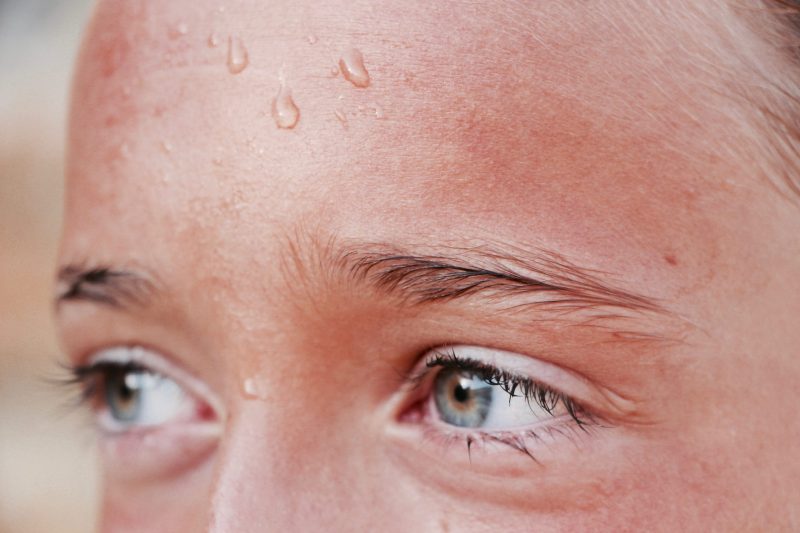Heatstroke’s long-term damage to the body
Heatstroke’s long-term damage to the body
Eric Hamilton
This summer, huge swaths of the U.S. have already faced record-breaking heat waves. Heat kills more people than any other extreme weather event, and deadly heat waves are getting longer and hotter as the climate warms.
Staying cool – and informed – is essential. So we spoke with Thomas Clanton, a professor of applied physiology and kinesiology at the University of Florida and an expert in the effects of heat on the body, about how to recognize heat illness and the long-term consequences of this kind of stress.
Heatstroke is a medical emergency. If you notice signs of heatstroke in a person, call 911 immediately.

What is heat illness?
It’s a really broad spectrum. At the lowest end is heat exhaustion, and on the more extreme end we have heatstroke. The difference is really the presence of neurological symptoms in heatstroke. Throughout the spectrum, mild to severe injury to liver, heart, kidney and muscle can be present. So, you can have heat exhaustion and you’re probably still thinking pretty well, but you know you’re hot. You try to get out of the heat and you’re functional. However, heatstroke victims can go unconscious, lose motor control or become delirious, so their ability to respond is limited.
Clinically, a person would be diagnosed with heatstroke if they have a temperature above 40 degrees centigrade (104 degrees Fahrenheit) and also exhibit central nervous system symptoms.
What are some of the signs that someone needs to cool down?
Other signs that people notice include pallor (paleness) of the skin. Whereas profuse sweating is a normal reaction to heat, at the extremes of heatstroke the sweat response doesn’t work as well, and the skin can become dry. If you begin to notice these signs, get into the shade, drink plenty of water and move to a reclined position. If ice bags or wet towels are available, place them under the arms, on the neck and along the groin regions. If any unusual neurological symptoms develop, get medical assistance immediately.
A lot of times people in the “heat exhaustion” range may not know they are getting heat illness. I think that’s one of the concepts worth emphasizing. Besides just feeling hot, an individual may feel a little “woozy” or just “not themselves.” When this occurs, and they are not well hydrated, they can move quickly…read more


